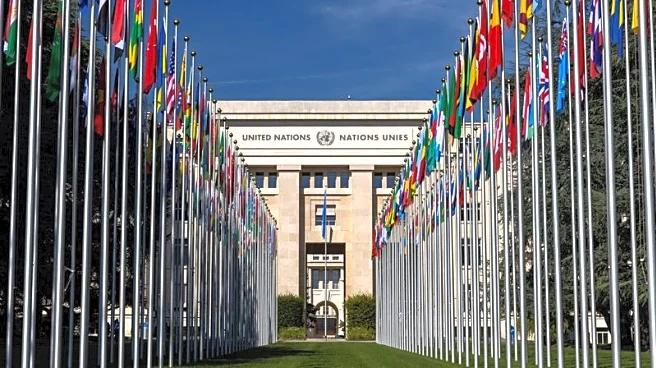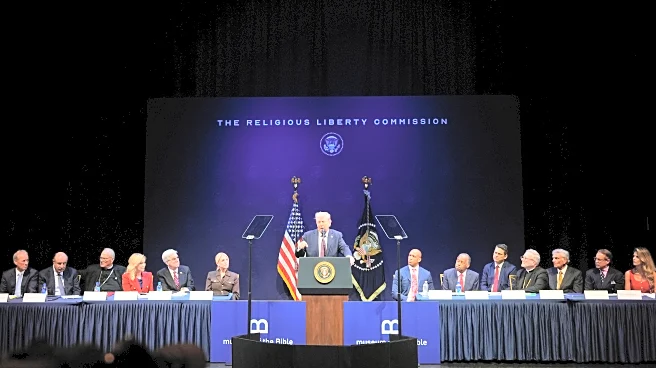In a landmark decision, Georges Ibrahim Abdallah, a Lebanese militant long imprisoned in France, has been granted release after serving more than 40 years for the 1982 murders of two foreign diplomats.
Did You Know
Koalas have fingerprints like humans.
?
AD
This ruling, issued by a French court, not only marks a pivotal moment in Abdallah’s life but also reignites debates surrounding terrorism, justice, and the complex web of international relations. As a staunch advocate for the Palestinian cause, Abdallah's long detention has rendered him a controversial figure, eliciting strong opinions on both sides of the political spectrum.
The U.S. Justice Department has expressed acute apprehension regarding the implications of Abdallah's freedom, reportedly asserting that his release could pose a serious threat to the safety of American diplomats. This concern underscores the delicate balance that France must maintain as it navigates its own legal systems while considering external diplomatic pressures. Abdallah’s release comes with stringent conditions; he is mandated to leave France and is prohibited from ever returning, illustrating the potential perils associated with his legacy in the eyes of international lawmakers.
As the date for Abdallah's release approaches, observers note that his case could act as a flashpoint in discussions over the Israeli-Palestinian conflict and ongoing tensions in the Middle East. With widespread media coverage and varying reactions from political entities, this situation resonates profoundly with those invested in the outcomes of both justice and peace. The narrative surrounding Abdallah transcends his individual case, shedding light on broader themes of political conviction, the struggles of displaced populations, and the echoing ramifications of historical grievances.
Q&A (Auto-generated by AI)
Who is Georges Ibrahim Abdallah?
Georges Ibrahim Abdallah is a Lebanese militant who was imprisoned in France for over 40 years. He was convicted in 1987 for the 1982 murders of two foreign diplomats, one American and one Israeli, in Paris. Abdallah has been a prominent figure in the pro-Palestinian movement, maintaining his stance on Palestinian rights throughout his incarceration.
What were Abdallah's crimes in 1982?
In 1982, Abdallah was involved in the killings of two diplomats: U.S. Ambassador to Lebanon, Francis Meloy, and Israeli diplomat, Yaacov Bar-Simantov. These assassinations were politically motivated, linked to the broader context of the Lebanese Civil War and the Israeli-Palestinian conflict, highlighting the tensions of that era.
How has France's legal system handled Abdallah's case?
France's legal system has seen multiple appeals regarding Abdallah's release over the decades. His case has been contentious, with various courts ruling on his potential release, reflecting the complexities of balancing justice, national security, and human rights. Recently, a French appeals court ordered his release, contingent on him leaving France.
What impact does Abdallah's release have on France?
Abdallah's release could have significant implications for France, particularly concerning its diplomatic relations and national security. The U.S. has expressed concerns that his release might pose a threat to American diplomats, reflecting broader anxieties about the safety of foreign nationals in France and the potential for increased tensions related to Middle Eastern politics.
What is the significance of the Palestinian cause?
The Palestinian cause refers to the struggle for Palestinian self-determination and statehood. It encompasses issues such as displacement, occupation, and human rights violations faced by Palestinians. The cause has garnered international attention and support, influencing global politics and shaping the narratives around conflicts in the Middle East.















